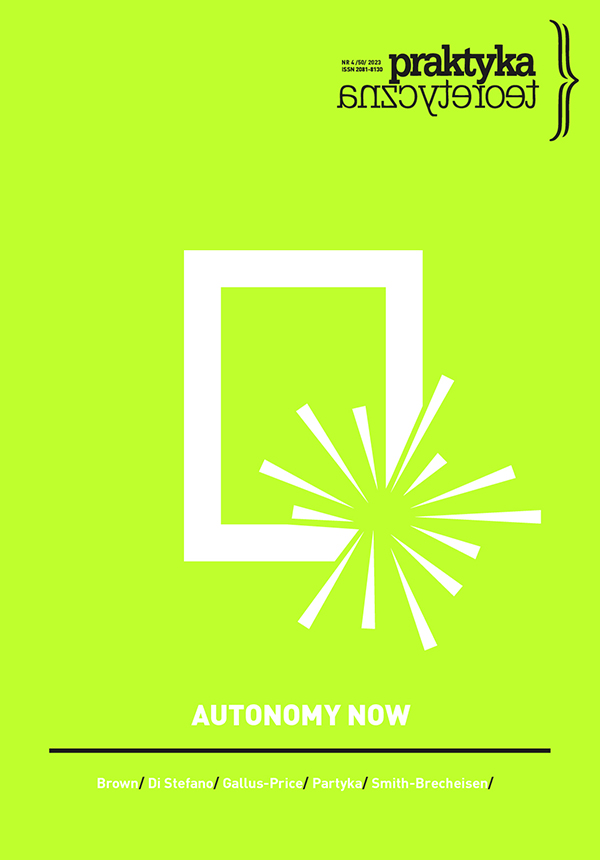The Boundaries of an Organism: Purposefulness and Autonomy
The Boundaries of an Organism: Purposefulness and Autonomy
Author(s): Adam PartykaSubject(s): Sociology of Literature
Published by: Uniwersytet Adama Mickiewicza
Keywords: autonomy; purposefulness; organicism; literary criticism; romanticism; ecocriticism;
Summary/Abstract: In this article I want to argue that the organic metaphor— most commonly associated with the Romantic notion of an artwork being analogous to a living being—served throughout the last two centuries as a means of conceptualising autonomy, remaining in a dialectical relation to the latter concept: the structure of the metaphor posited within different critical traditions influenced the theorists’, critics’ and artists’ ideas of what it meant for an artwork to be autonomous, while itself being shaped and modelled by their expectations and beliefs regarding the ontology of the artwork and the possibility of the latter’s autonomy. Over this time the metaphor has undergone substantial modifications, supporting both art’s claim for autonomy, and an attempted denial of the latter. In order to illustrate these shifts, I will discuss three theoretical and critical moments in the history of the organic metaphor: Romantic organicism, centred on the concept of the principle of life, New Critical formalist organicism, which turns out to shadow forth what Michael Fried called literalism, and postmodern organicism, as exhibited by the environmental humanities and ecocritical discourses. The brief outline of the recent history of the organic metaphor is intended to offer an aid to understanding the origins of contemporary organicism, and to show that its reluctance towards the idea of aesthetic autonomy stems from the characteristically postmodern notion of organic form. Finally, I propose to show how the concept of organic form can be fruitfully reinterpreted in light of Kant’s considerations on teleological judgement and Anscombe’s views on intention.
Journal: Praktyka teoretyczna
- Issue Year: 2024
- Issue No: 50
- Page Range: 109-143
- Page Count: 35
- Language: English

